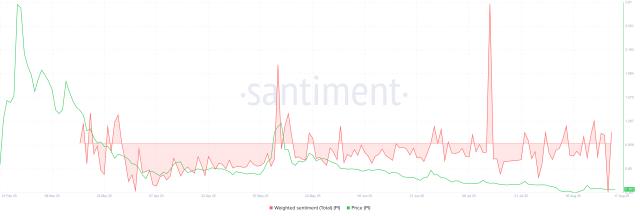Thailand is launching a new digital payment initiative to make it easier for foreign visitors to use crypto while in the country.
The TouristDigiPay program allows tourists to convert digital assets into Thai baht for quick, QR code-based payments across participating merchants.
Thailand Rolls Out Digital Wallet to Boost Crypto-Powered Tourism
According to The Nation report, the move aligns with broader efforts to boost tourism and stimulate the local economy through regulated digital finance.
The Thai Securities and Exchange Commission (SEC) guided the initiative and explored how digital assets could boost tourism-related spending.
Under this program, foreign visitors must open accounts with approved digital asset and e-money providers. These accounts will convert cryptocurrencies like Bitcoin into baht for local spending.
The program will operate in a regulatory sandbox, ensuring oversight and strict adherence to Know Your Customer (KYC) and Anti-Money Laundering (AML) standards.
As part of the initiative, e-money providers will issue a dedicated Tourist Wallet. The wallet will enable seamless currency conversion and may be linked to foreign debit and credit cards.
Meanwhile, the government will enforce spending caps to prevent misuse. Large merchants with card terminals can process up to 500,000 baht per month, and smaller merchants face a 50,000-baht limit.
Still, this move is unsurprising, considering Thailand’s tourism sector is one of the major revenue sources for the Asian country.
Deputy Government Spokesperson Sasikan Watthanachan reportedly revealed that the country welcomed around 20 million international visitors between January and August. Notably, this generated approximately $26.25 billion in revenue for the country.
Considering this, the Thai government wants to attract more international tourists to its shores and cement its ongoing support for regulated cryptocurrency operations.
Over the past months, Thailand has steadily embraced cryptocurrency by authorizing stablecoins such as Tether (USDT) and USDC for commercial use. Additionally, the government recently enacted a five-year personal tax exemption on profits from selling digital assets, effective January 2025 through December 2029.





